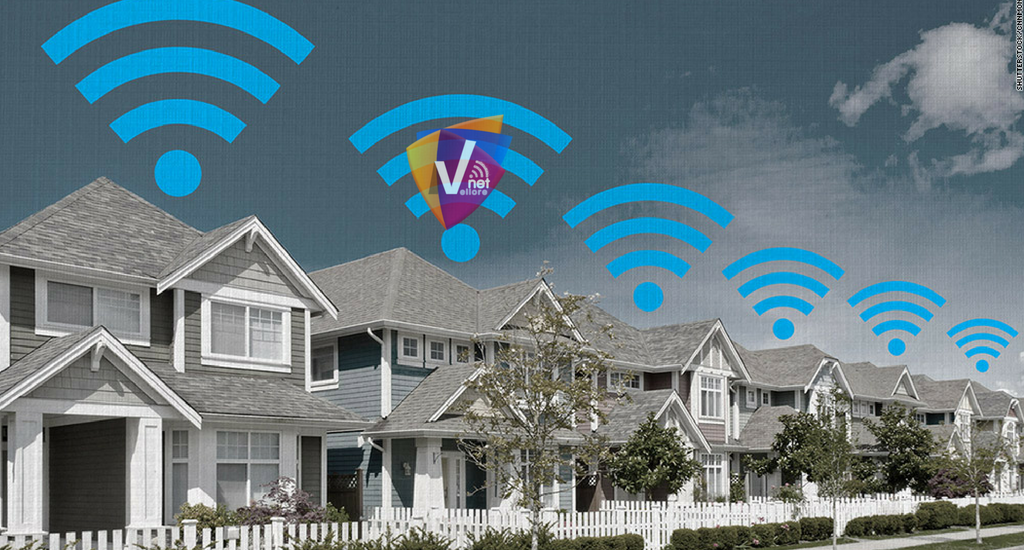How Do Internet Service Providers Deliver Internet for Your Home
Internet access is pivotal in this day and age, as most of our devices at home and on-the-go require access for us to get things done.
But how do we know what our internet options are?
In this blog, I will give a brief overview of the most common ways the internet is accessed and how to choose the best option for your needs.
Options for Internet Access
Dial-up is not commonly used or offered these days but is important in the introduction of how internet connections work.
If you are old enough to remember getting your home’s first computer, chances are you recall the classic static and beeps while dialing in to get online.
Dial-up worked by taking digital signals from your computer and turning them into audible sounds that would be carried over home telephone wires and then translated back into digital signals translated by computers.
Internet connections essentially still work this way, but the signals and materials it travels through have been upgraded substantially, increasing the speed of information (and there’s no longer a need for your phone to be tied up while you access the internet)
DSL
Instead of just sending voice data through the phone line, now data can be sent simultaneously, and at a higher frequency, so both your phone and your internet connection work at the same time.
A signal filter sorts out both and allows data and voice to be delivered appropriately to either the phone or computer.
In the past, it was relatively easy to upgrade to DSL since it used the existing phone lines to deliver information.
The downside to DSL is that it tends to have slower speeds than other internet connections and is still routed through a phone line. So if you need fast internet and don’t have a phone line set up for your home, it’s unlikely this is an option for you.
Cable
Most of us are familiar with and have access to cable TV. Cable television essentially uses different frequencies through a coaxial wire to access each channel your specific plan provides.
Cable Internet, simply stated, is just another “channel” or frequency that is installed by cable companies for you to access the internet.
A modem sorts out the frequencies and delivers them in appropriate formats to your TV and computer, allowing both TV and internet to work simultaneously.
Wireless
A wireless internet connection is unique, such that it uses radio frequencies to send an internet signal to a location.
The wireless ISP sends signals to a tower, which receives and sends the signal to your home.
A receiver (often roof mounted so it can point directly toward the tower) picks up the signals and sends them to your home modem to provide a connection.
Because the internet is delivered through different frequencies, you’ll need to establish what frequency receiver you need based on your proximity to a tower, but this is made simple when you work with a reputable internet service provider such as VelloreNet.
Satellite Dish
With a satellite connection, communication is between a satellite ISP transmitter (located in the sky) and a dish receiver, which is located on your roof.
Using high-frequency radio waves, these three items communicate while a modem translates the signal from your dish to your computer.
The satellite has many hindrances due to the distance the signal has to travel, making it a slower option than others on the market.
Mobile Internet
With the prevalence of smartphones, many people use the mobile internet every day.
Using radio waves, voice and data are transmitted at the same time to and from phones. How the data is relayed through the cell signal varies, depending on if a phone user has 3G, 4G, or LTE. And coverage depends on a mobile carrier, not an internet provider.
So the real burning question, why does the cost vary so much for different types of internet service?
While all these services differ in speed, cost, and effectiveness, thinking about where you live and what you use the internet for can help you choose the best option for your needs. Need help deciding on the best option for you? We can help!


Leave a Reply